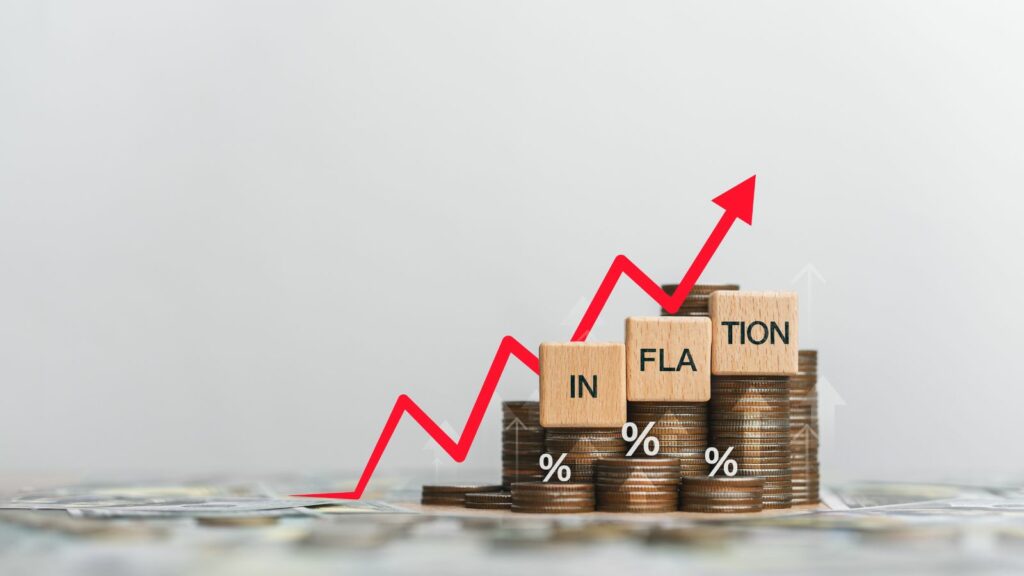Inflation has significantly affected everyday spending habits, forcing consumers to rethink their financial priorities. Prices are rising across essential goods and services, impacting budgets and lifestyles. This article explores 18 surprising ways inflation reshapes how we manage money, make purchases, and adapt to the evolving economic landscape.
Shrinking Grocery Budgets

With inflation driving up prices on essentials like bread, milk, fruits, and vegetables, grocery bills consume much of household income. What once allowed families to save for other expenses now only covers the basics. As a result, many families are becoming more cautious with their spending. They turn to sales, bulk buying, or store-brand products to save money, while others focus only on essentials, cutting out snacks and gourmet foods.
Rising Fuel Costs
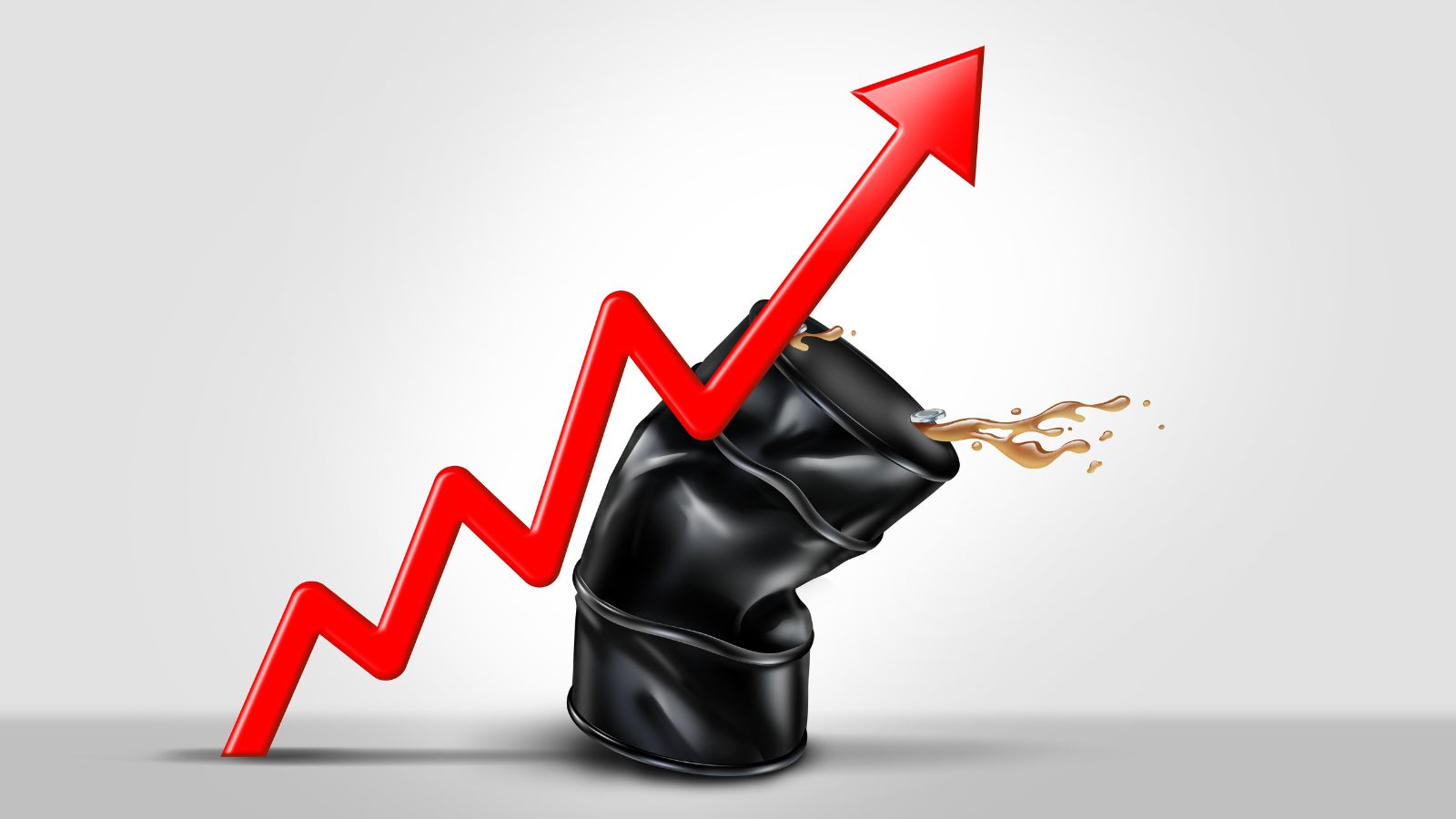
Along with groceries, fuel prices also rise, making the everyday commute and travel costlier. To tackle this, most people resort to carpooling, cycling, or using public transportation to save money. Others who drive prioritize fuel efficiency, even if it means trading in their beloved gas-guzzling ride for a fuel-efficient one. Moreover, as fuel prices increase, so does the shipping cost, the brunt of which ultimately falls on the consumers.
Dining Out Becomes a Luxury

Inflation has made dining out a luxury for many families, as the rising costs of ingredients, labor, and utilities drive up menu prices. As a result, people often have to save up in advance for a meal at a restaurant, reserving it for special occasions. Many now prefer cooking at home, meal prepping, and trying budget-friendly recipes. Others opt for fast food or food delivery apps, taking advantage of the discounts they offer.
Housing Expenses Surge
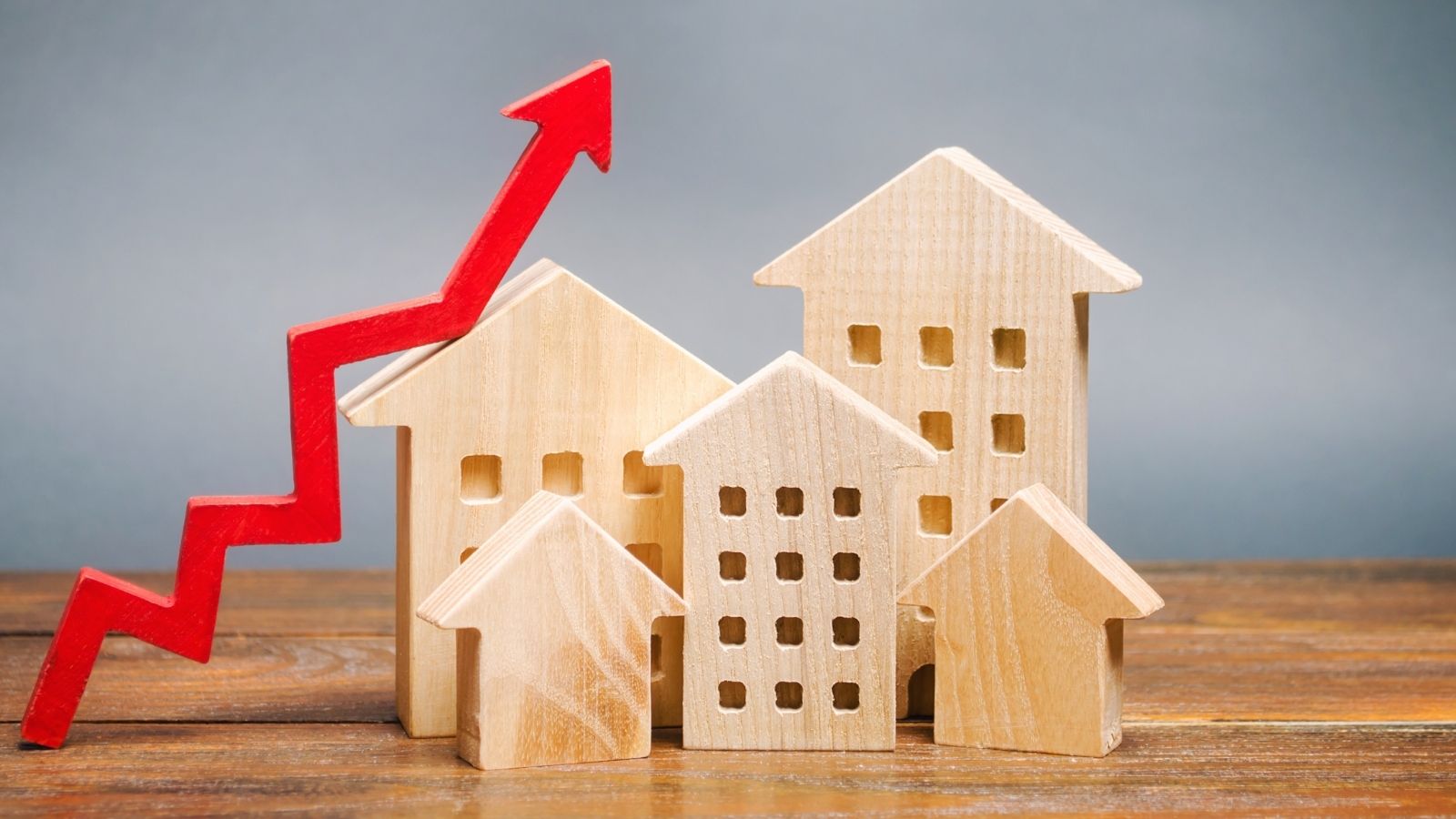
Inflation makes managing and buying a home costlier as rents, property taxes, and mortgage rates surge. Renters have to renew their leases at an increased rate, while prospective buyers have to overcome steeper home prices and loan payments. This makes many people delay moving, look for smaller or shared living spaces, or relocate to more affordable neighborhoods.
Utility Bills Climb

The bills of utilities like electricity, gas, and water inflate as the energy costs rise during inflationary periods. This prompts families to adopt energy-saving habits, which include using programmable thermostats, unplugging devices, or upgrading to energy-efficient appliances. Moreover, some families are encouraged to incorporate renewable energy solutions like solar panels to cut the cost of utility bills.
Vacation Plans Are Put on Hold

With the surge in airfare, accommodation, and other travel-related expenses due to inflation, vacations have become out of reach for many. Instead, travelers have to go for more affordable alternatives like staycations, road trips, or visits to local attractions. Moreover, to cut expenses, off-peak season trips and travel rewards are sought after by many.
Changes in Entertainment Choices

Inflation’s impact also extends to the tickets for movies, concerts, and sporting events, making them inaccessible for many. As an alternative, people shift towards streaming services, free community events, or hobbies like reading or gaming to enjoy entertainment at a lesser cost. Additionally, the expenses of family outings increase, making families choose movie nights or board games to spend quality time together at home.
Clothing Costs Spike

The labor and raw materials prices increase with inflation, making the clothing market costlier. This prompts consumers to shop during sales, buy second-hand, or even swap clothes. Many go for high-quality, durable clothing that saves them money. Moreover, learning to sew and knit clothes for oneself and the family gradually grows in people.
Health and Wellness Budgets Adjust

As the cost of healthcare, medications, and fitness services increase with inflation, adjustments to their budget become a necessity. Many people only visit a doctor if they think their illness is critical; otherwise, the visits are delayed. Similarly, generic drugs are chosen for common ailments, and the hunt for better health insurance plans becomes widespread. Moreover, people are adopting exercise at home instead of purchasing a gym membership.
Personal Finance Tightens
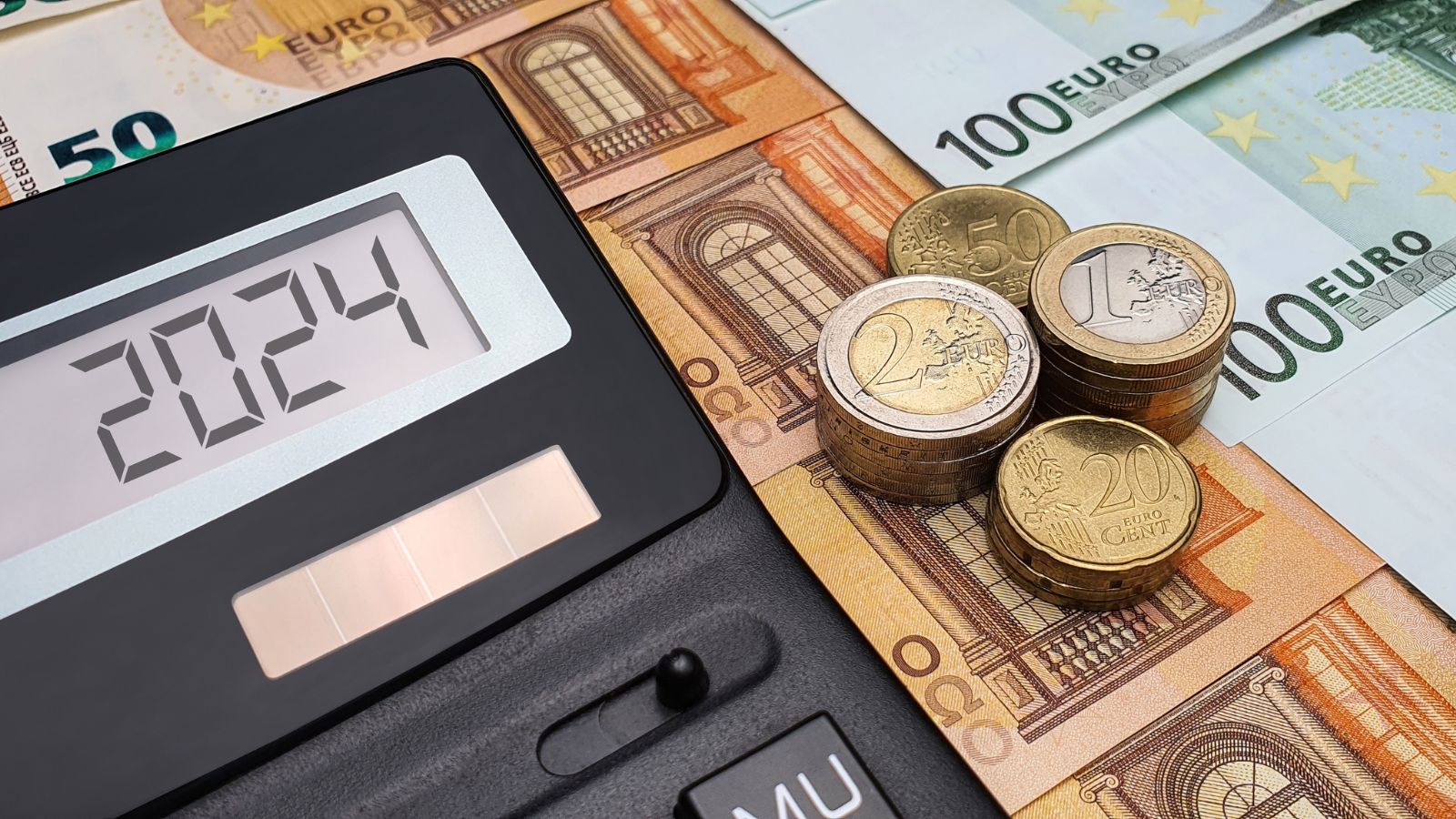
The prices of everyday necessities increase with inflation, making it difficult for people to save for the future. With this, they can’t contribute much to their retirement accounts, emergency funds, and investment prospects. Moreover, they must set a tight budget and strictly follow it to avoid financial strain.
Technology Purchases Decline

Innovation is always happening in the tech world, with more powerful smartphones, laptops, and other tech gadgets being launched now and then. With high inflation, these products become costlier, making people focus on and maintain their existing devices instead of purchasing new ones.
Subscription Cancellations

Maintaining and managing household expenses becomes more complex with high inflation. In such a scenario, subscriptions become an unnecessary waste of money. Therefore, people cancel subscriptions to streaming platforms, gym memberships, and subscription boxes when the cost of living increases. Public libraries, free streaming apps, or outdoor fitness activities have become the go-to for people who wish to continue their habits.
Increased DIY Efforts

People avoid hiring professionals for small tasks to save money because expenses are challenging to manage. Many people frequently watch YouTube videos to learn how to cook, bake, and even repair small household items. This encourages people to trust themselves and rely on their skills to handle tasks from home repairs to crafting gifts.
Higher Credit Card Debt

When expenses become difficult to manage with the current income, people rely on credit cards to cover everyday expenses. If they fail to pay the debt off, the burden on their backs increases. This has widespread impacts on their financial future. Consumers turn to budgeting apps, debt consolidation, or financial counseling to tackle this to avoid long-term debt traps.
Decreased Charitable Giving
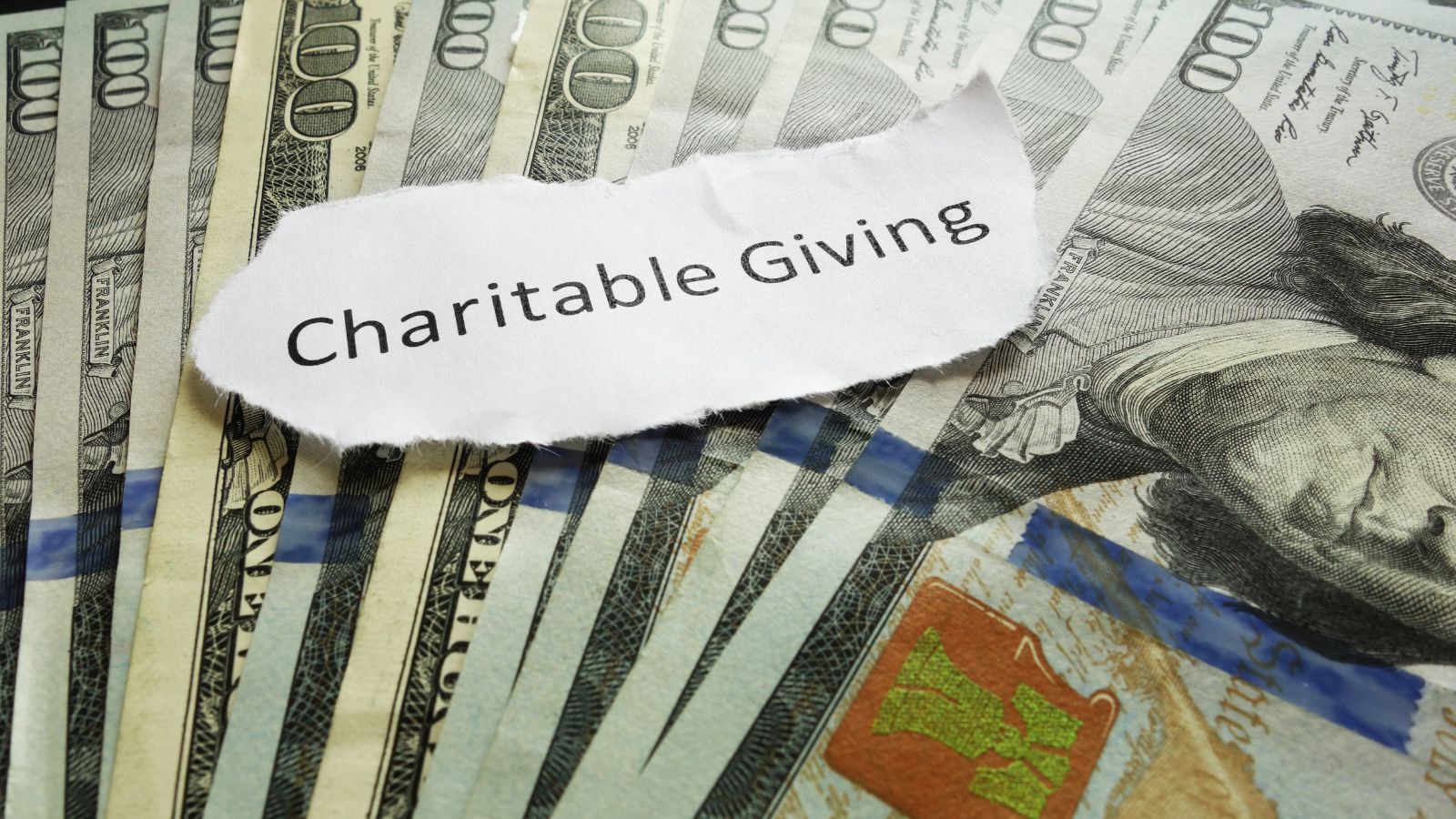
When your conditions are tight, donating or making charitable contributions becomes out of reach. In times of high inflation, people contribute time or volunteer instead of giving money. Inflation also impacts nonprofits, with much of their charitable giving reduced.
Prioritizing Essentials Over Luxury Goods

When inflation hits hard, essentials like food, housing, and healthcare become the only concern of middle to lower-class families. Luxury products, services, and experiences become unaffordable, and spending on any of these can upset the entire budget.
Bargain Hunting Becomes the Norm

Bargaining and asking for discounts should be practiced even when the budget is reasonable. However, in times of inflation, these become the norm. People also look for coupons and loyalty programs to save money. In contrast, many others are introduced to thrift stores and clearance sections.
Greater Financial Awareness

Inflation can open people’s eyes to their financial conditions and encourage them to diversify their income streams. It makes them examine and identify their expenses, set stricter budgets, and learn about investment strategies. With this awareness, they gain better financial literacy and a better financial future.
Conclusion
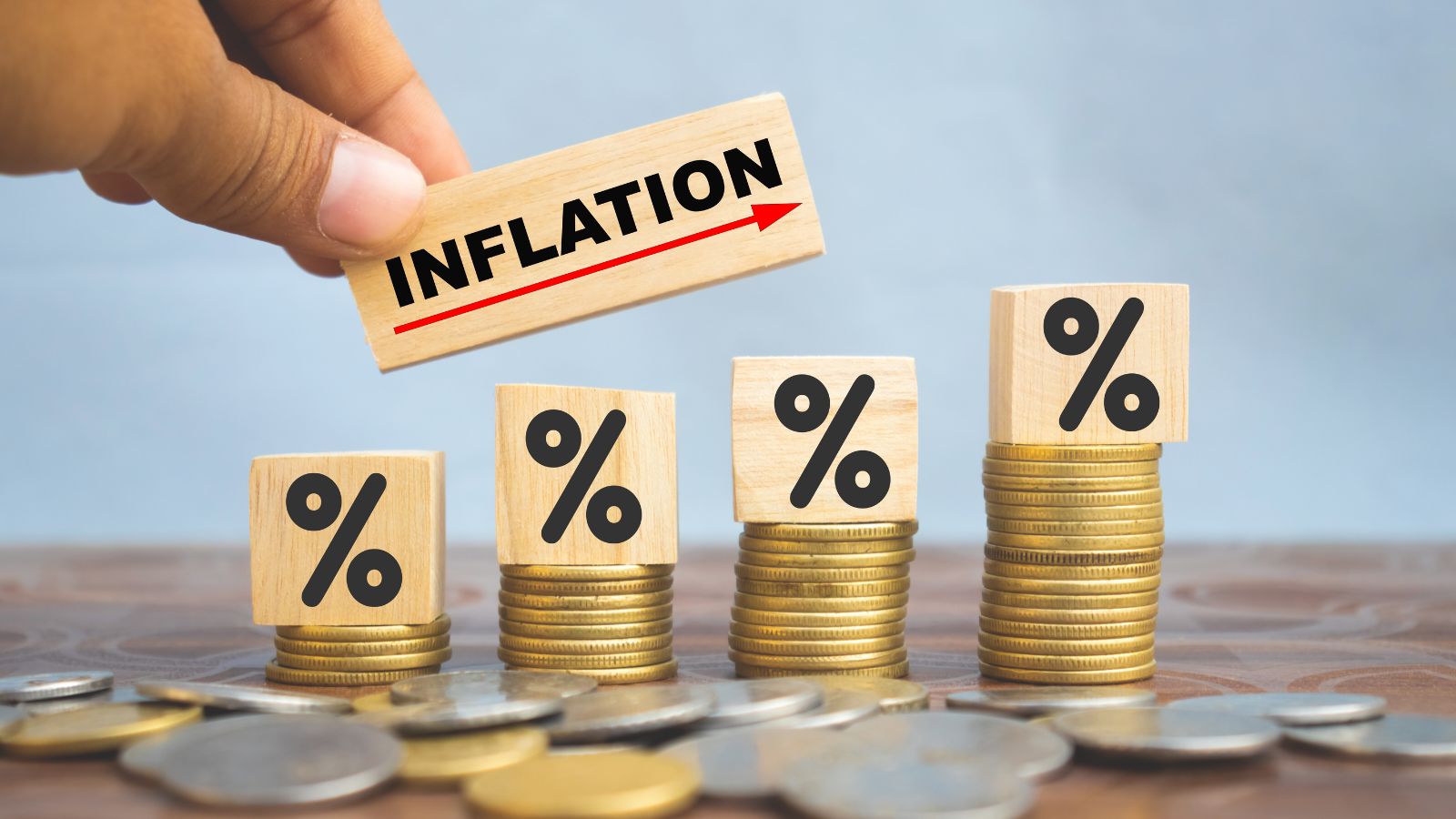
Inflation gradually erodes your income and savings, forcing you to give up on many things. However, it also offers valuable lessons, fostering resilience, adaptability, and creativity. These 18 impacts highlight the consequences of inflation at its peak. By understanding them, individuals can better navigate challenging financial times.
25 Countries Predicted to Become Economic Superpowers in the Next 20 Years

The strength of an economy plays a crucial role in various international policies about trade and relations. Certain factors determine the strength of an economy, including population growth, availability of resources, and development and advancement. Here are 25 countries predicted to become economic superpowers in the next 20 years
25 Countries Predicted to Become Economic Superpowers in the Next 20 Years
